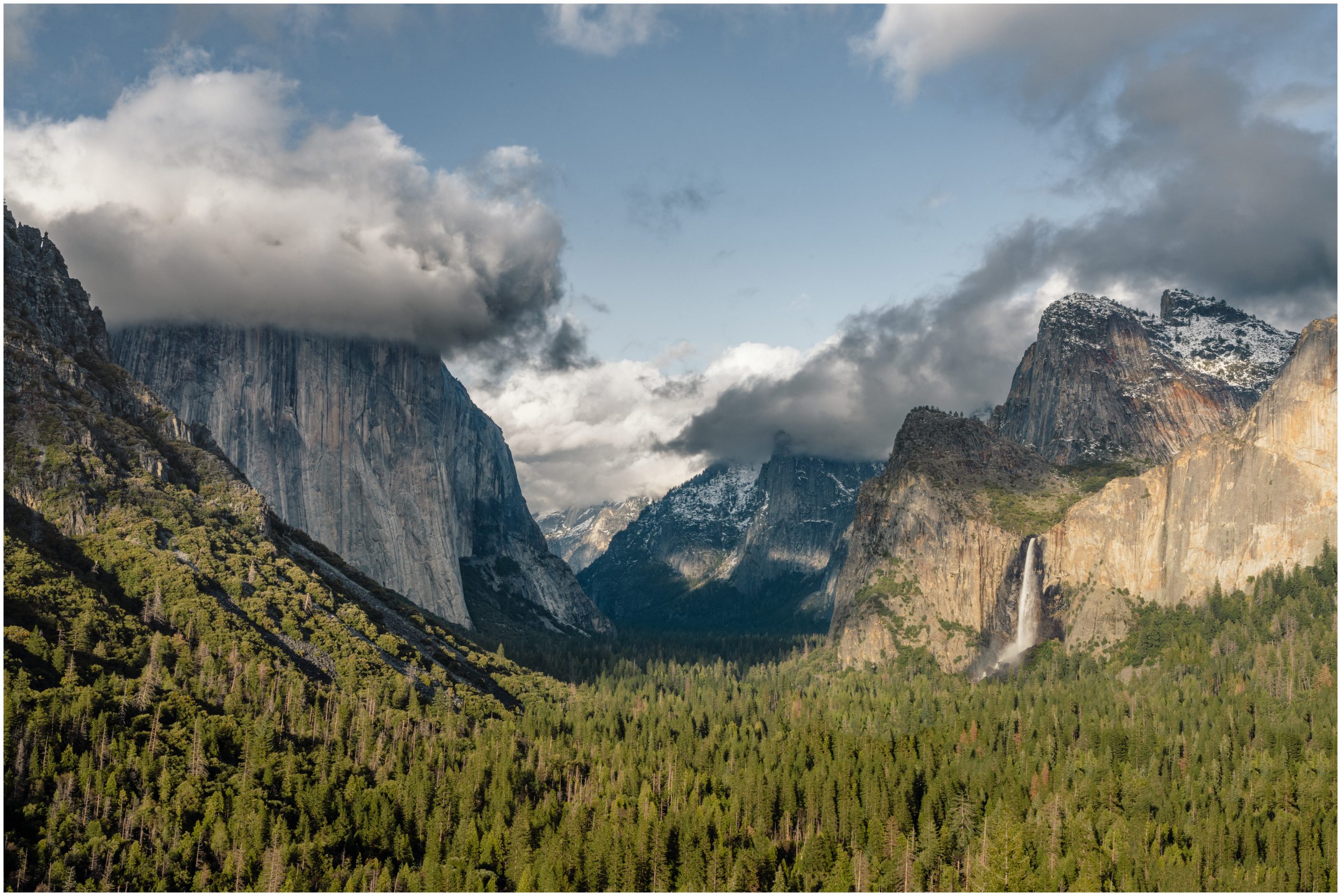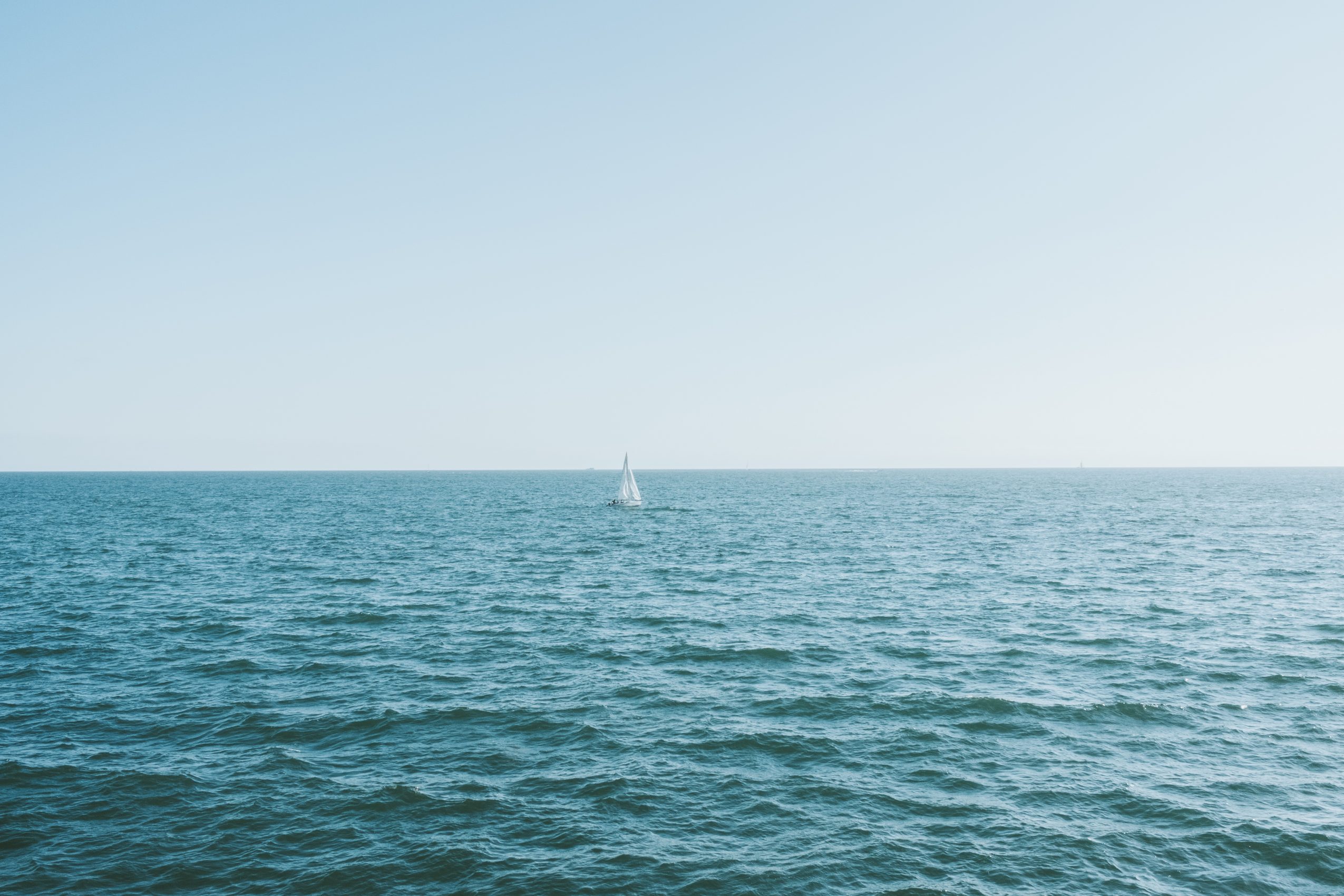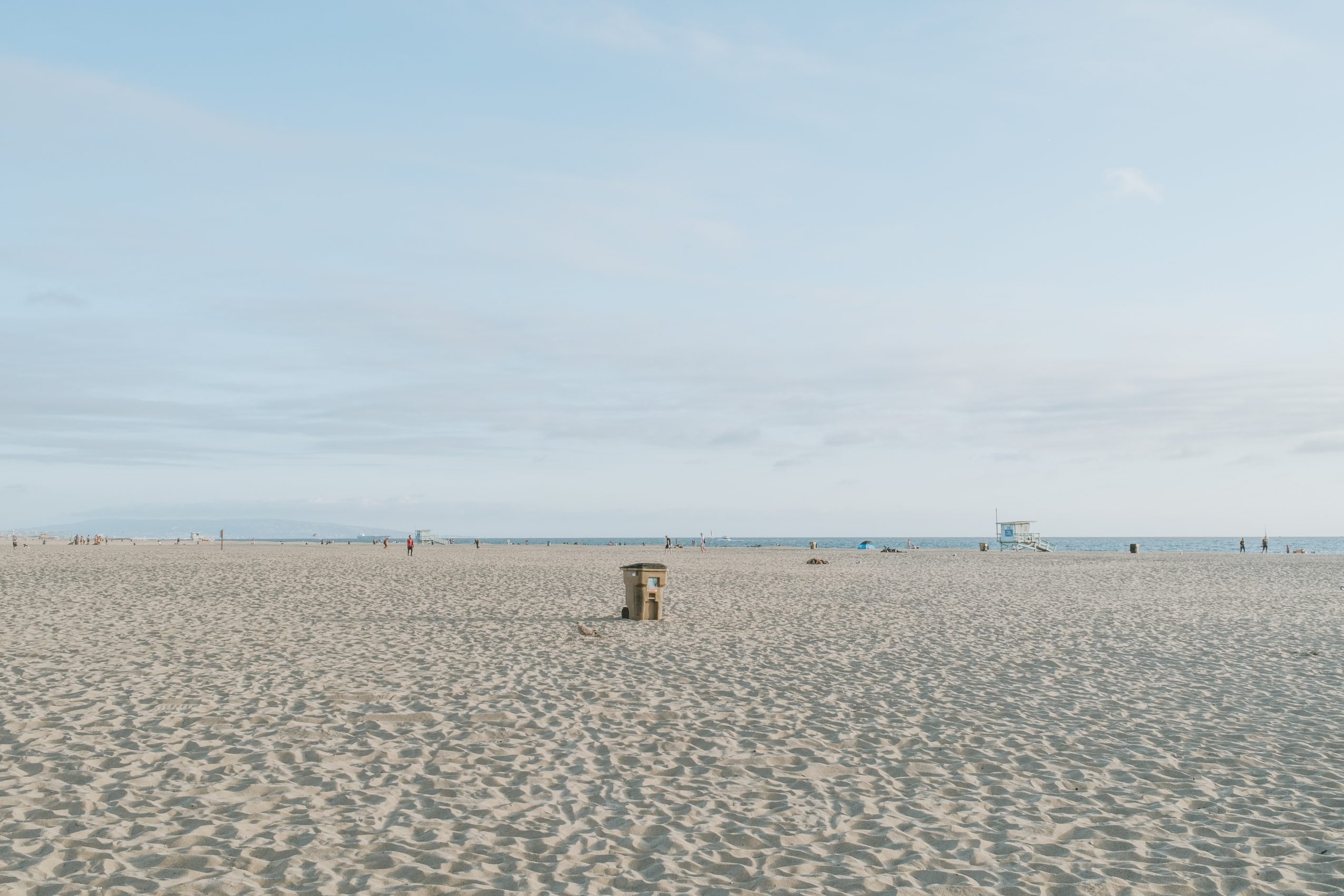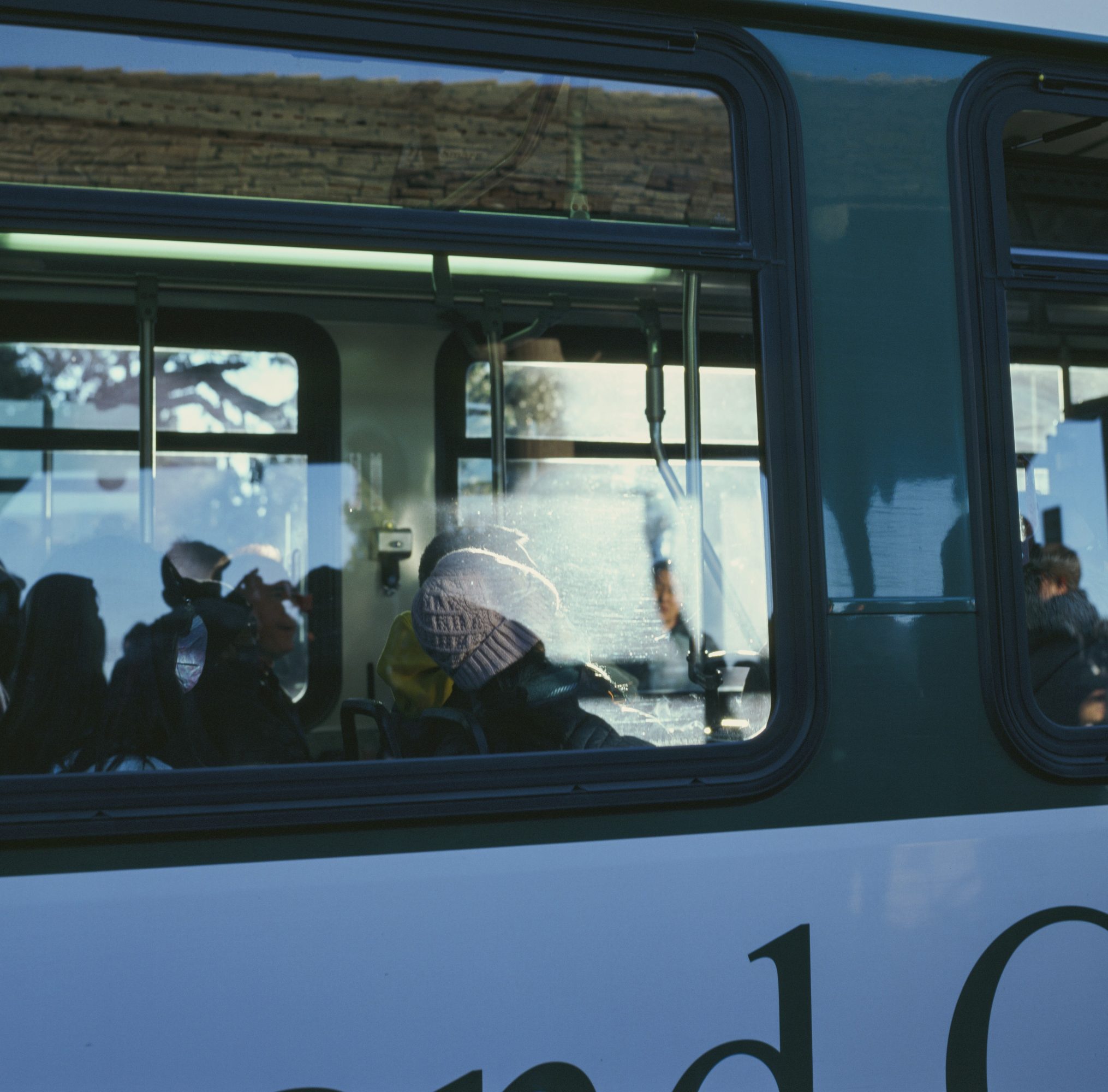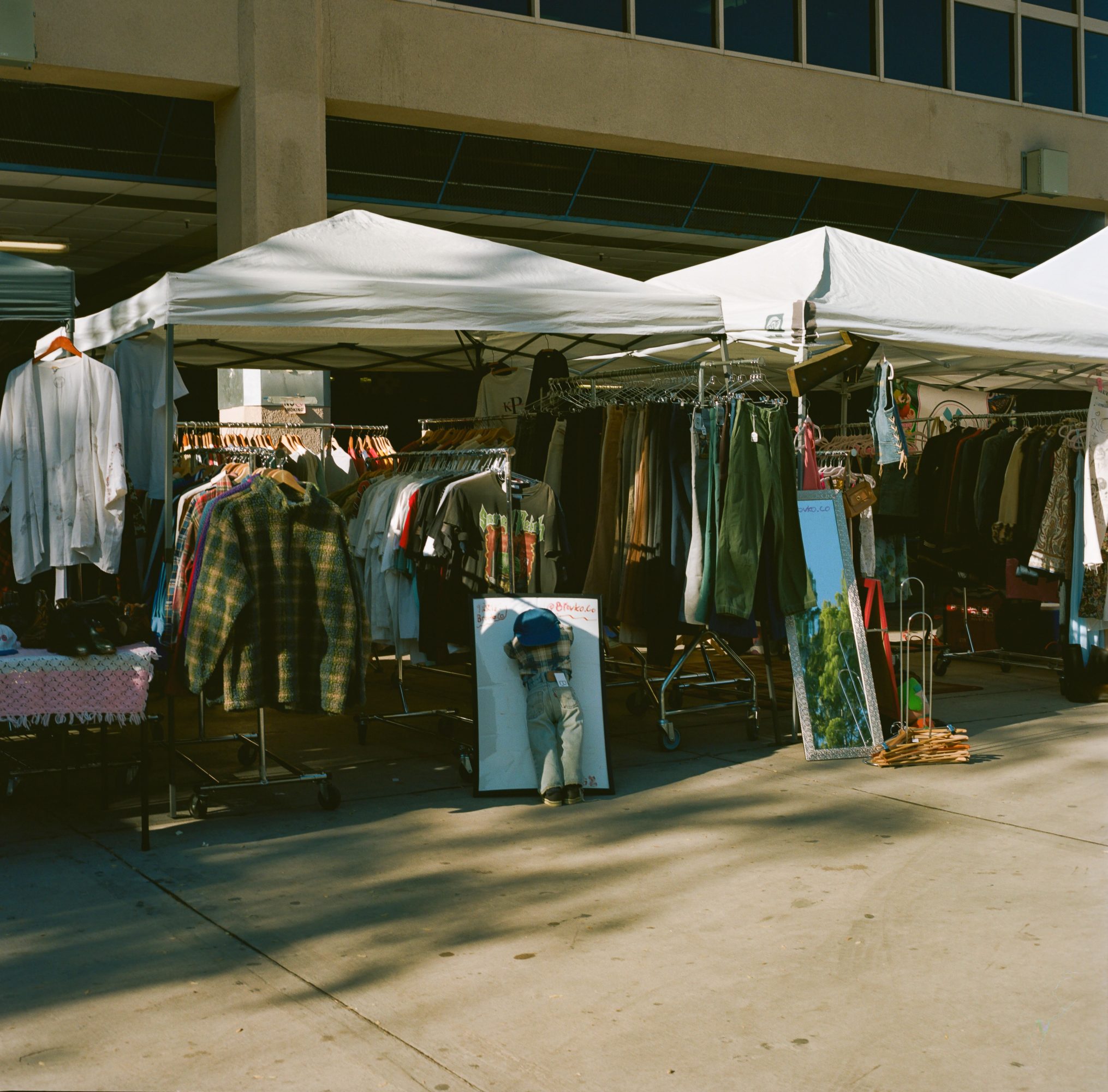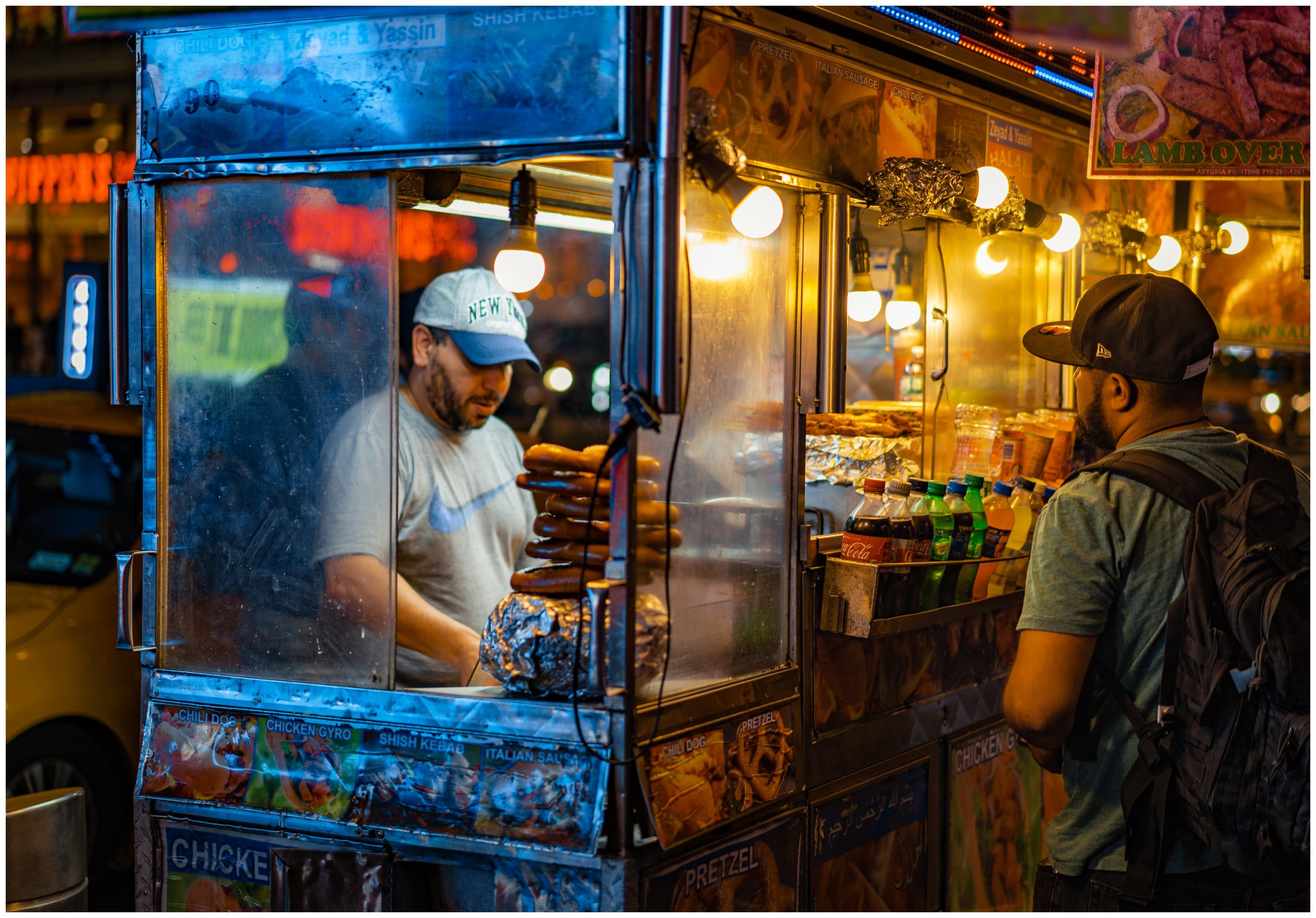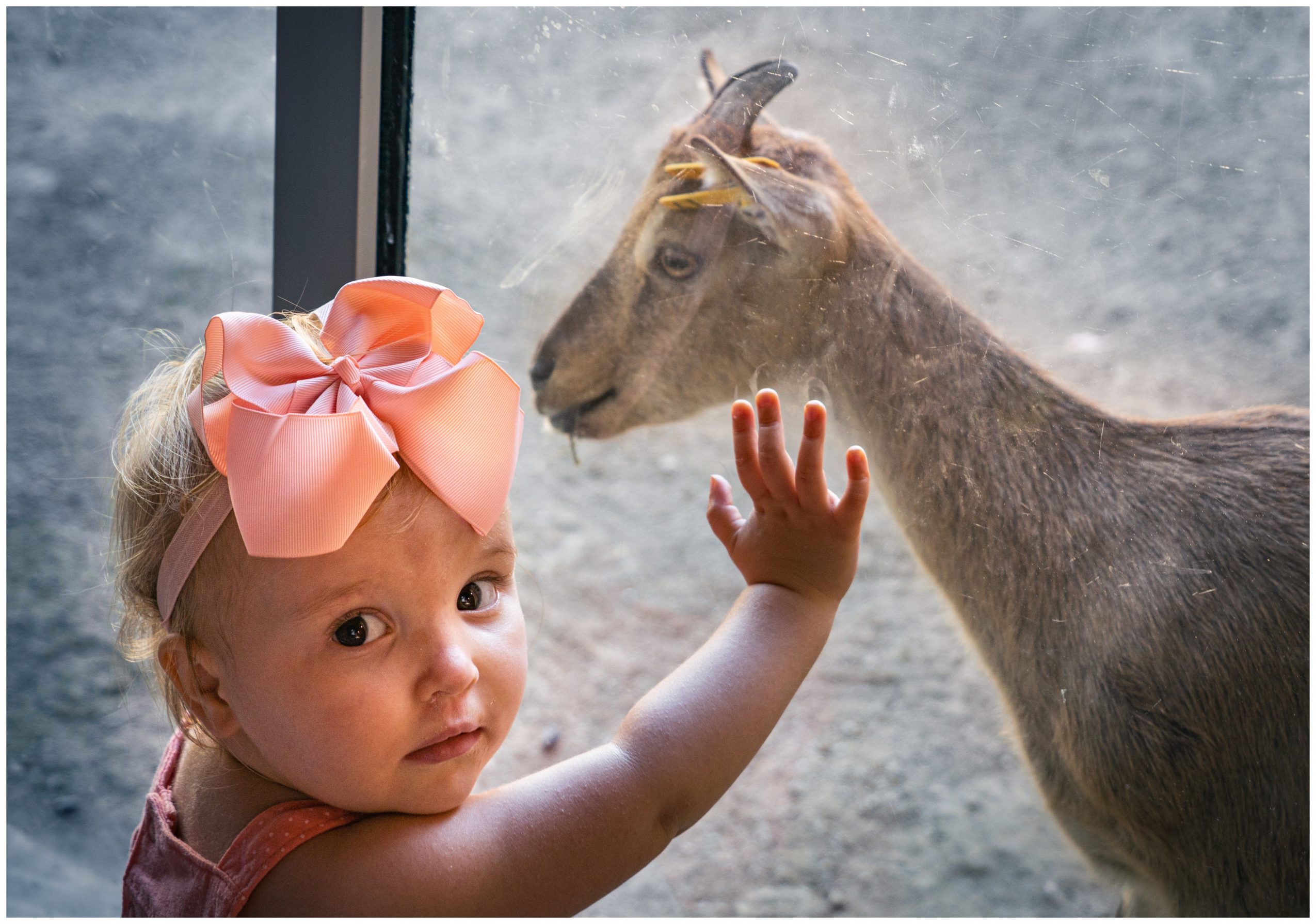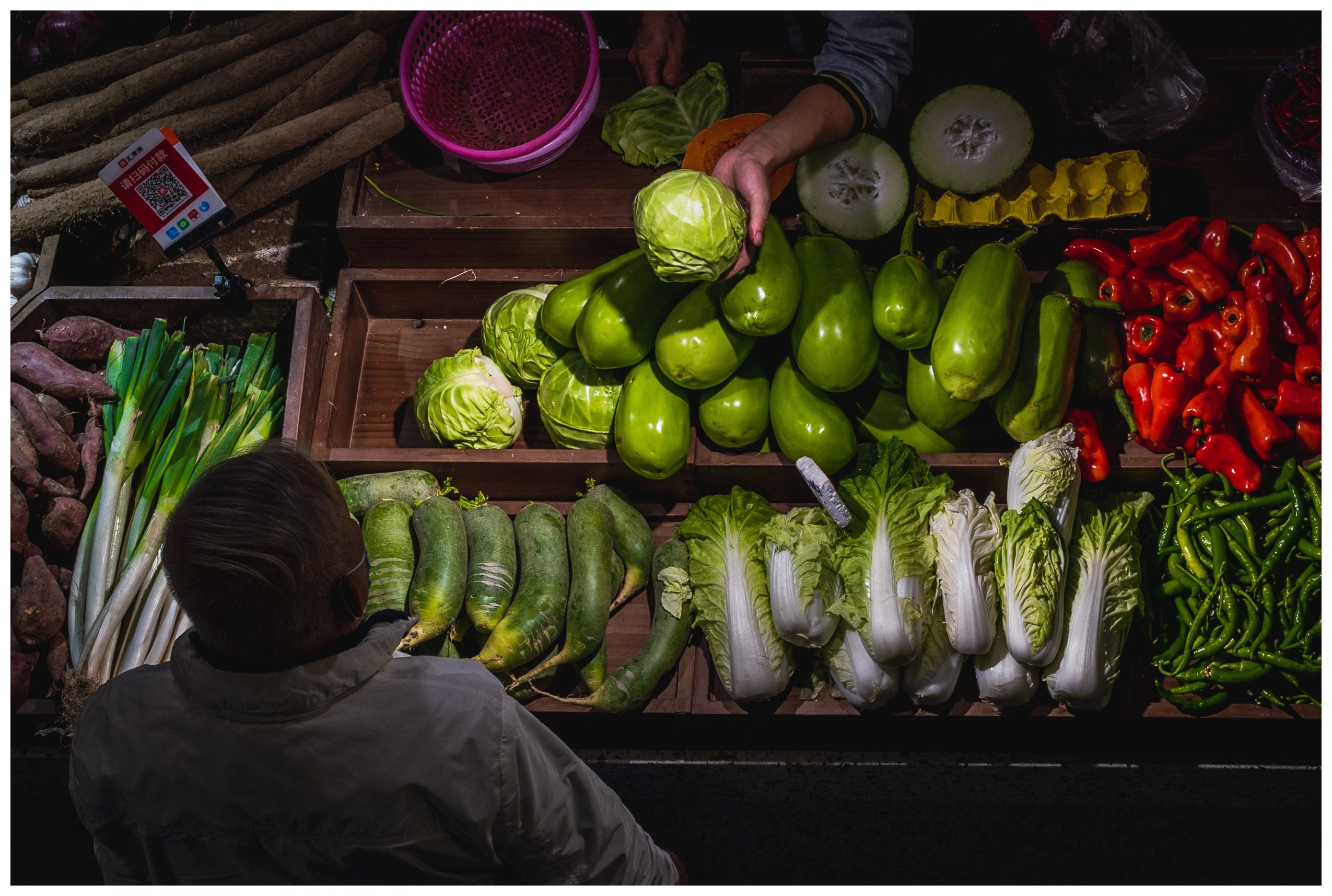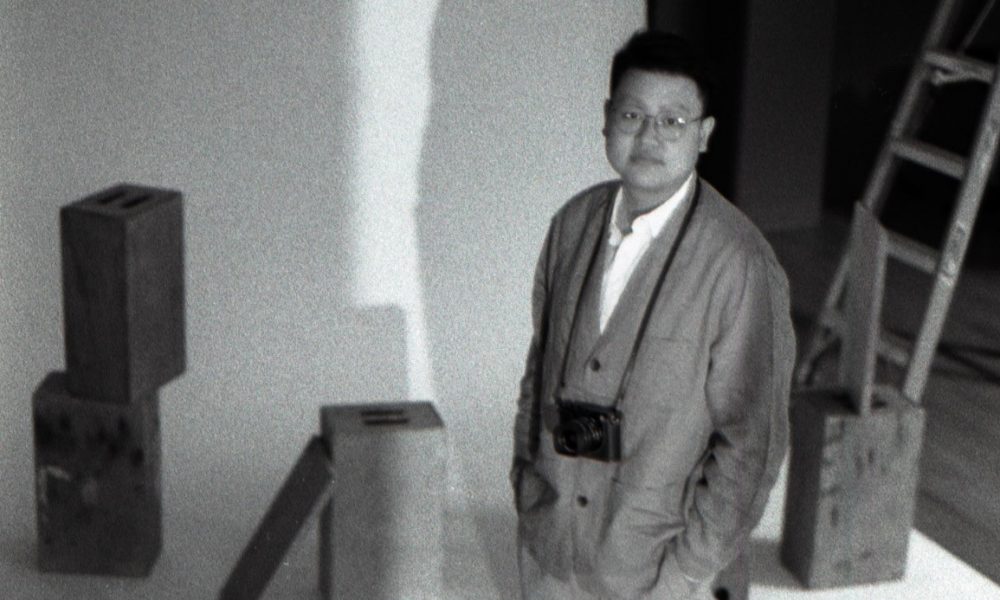

Today we’d like to introduce you to Yi Hong.
Hi Yi, it’s an honor to have you on the platform. Thanks for taking the time to share your story with us – to start maybe you can share some of your backstory with our readers?
Like most people, my first camera came from my father. The idea of taking some pictures suddenly came to my mind, and the initial idea was very common, just a simple desire to record the fragments of my daily life.
After I got the camera, two things confirmed my choice. The first was my first documentary work, which was a massive offline gathering before the epidemic, where people from different places gathered together because of the same interests, and I was one of them. Instead of taking the initiative to expand my relationships, I chose to be an observer and record every moment of contact with my camera: talking, shaking hands, hugging, exchanging gifts, and laughing. After this, I posted all the photos I had selected on social media. It wasn’t a master set of work, but it received an unexpected response and I became known to the public.
The second was my first set of architectural landscapes in New York, and I had always wanted to see Thomas Heatherwick’s art building, the Vessel, which is a fantastic and popular building. Any New York photographer you can find on Instagram has photographed this unique building. I remember it was July of 2019 and I shot from afternoon to evening and didn’t want to leave for a long time. It wasn’t until the sun completely disappeared and the neon lights of New York City lit up that I felt it was time to leave. Once I got back to the hotel I was staying at, I couldn’t contain my excitement because I knew I’d gotten a picture that would satisfy me. Sure enough, the next morning I received a flood of messages on my phone from Sony China, who had seen my photos on the web and reached out to me to give them permission to use and publish my photos.
But I knew I didn’t know enough about photography at the time, so I chose to pursue a photography degree at the graduate level instead of the finance department where I had already studied for 4 years of my bachelor life. Although most of the time my knowledge of photography was due to my ability to learn on my own, I met one of the most important mentors of my photography career during that time, who graduated from SVA with a degree in MFA photography. She helped solidify my basic understanding of pure art and introduced me to the work of numerous masters and artists such as Roland Barthes, Stephen Shore, Thomas Ruff, Robert Frank, Diane Arbus, Lee Friedlander, August Sander, and Gregory Crewdson. Most importantly, she taught me how to define fine art and helped me learn how artists think, which has had a very positive effect on my subsequent influences.
I am now working with Sony, Fuji, and Leica, while I am also pursuing my MFA at New York Film Academy.
Would you say it’s been a smooth road, and if not what are some of the biggest challenges you’ve faced along the way?
For a student who has studied finance and economics for 4 years, trying to immediately switch to the art field is not an easy task. I have to thank my family for their willingness to understand and support me in making such a big choice. I still remember the stress I was under when I was preparing my portfolio, which made me not sleep well for 3 months. Because art is all about shifting ideas and thinking, I had to force myself to step out of my comfort zone and try to do things I didn’t like doing over and over again during the creative process. It’s no exaggeration to say that artists often need to open themselves up to the public and show the most vulnerable side of themselves and make it available for anyone to see. It’s a very difficult time.
Alright, so let’s switch gears a bit and talk business. What should we know about your work?
My passion is documentary-based life and landscape photography, but interestingly I am not very good at engaging with people. I think the precious moments in ordinary life have a great attraction to me, we get the strength from those unconscious moments that sustain us to go on. This is why my unique perspective and way of looking at life have gradually become what makes me different. When I encounter a bottleneck or a temporary difficulty that I cannot overcome, I will choose to embark on a journey into the unknown by myself, and that will be the time when I take landscape photos. The solitude of being alone is a way for me to quiet my mind and have a conversation with myself, recalling memories of past occurrences and gaining new direction and inspiration from them.
Any advice for finding a mentor or networking in general?
I am a person who starts everything with myself, and I think the most important thing is to think about what exactly I want and then it is to trust my judgment. Try to keep in touch with people you respect and are interested in by all means, without blindly following others or catering to them, your judgment and ability is the most important thing. On top of that, always keep a willingness to learn and a curious mind to explore, which will help a lot.
Contact Info:
- Instagram: https://www.instagram.com/_coffeehy_/
